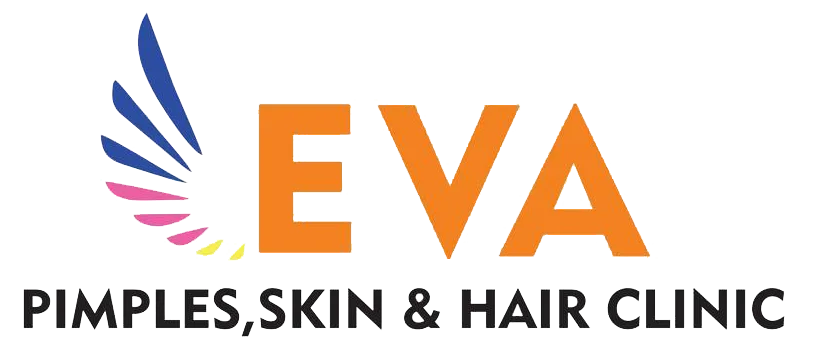Shop Essentials
Best Teenage Acne
Treatment in Pune
Teen Skin, Clear Win — Fight Acne the Right Way!
Teenage Acne Treatment in Pune
Teenage acne is a common skin condition that affects nearly 85% of adolescents during puberty. It occurs when the skin’s oil glands become overactive, leading to clogged pores, inflammation, and the formation of pimples, blackheads, and whiteheads.
As hormonal changes kick in—especially an increase in androgens—the sebaceous (oil) glands produce excess sebum. This sticky oil, combined with dead skin cells and bacteria (especially Cutibacterium acnes), blocks the pores, triggering breakouts typically on the face, chest, shoulders, and back.
Unlike adult acne, teenage acne tends to be more surface-level but can still lead to scarring and emotional stress if not managed properly.
At Eva Pimples, Skin & Hair Clinic in Pune, we understand the unique needs of adolescent skin and offer personalized, dermatologist-recommended solutions to treat acne early, effectively, and safely—without harming the skin’s natural barrier.
Everything to know about Teenage Acne
- Causes of Teenage Acne
- Types of Teenage Acne
- How to Treat
- When To See Dermatologist
Teenage acne is primarily driven by hormonal fluctuations during puberty, but several other factors can contribute or worsen the condition. Understanding these causes is essential for targeted treatment.
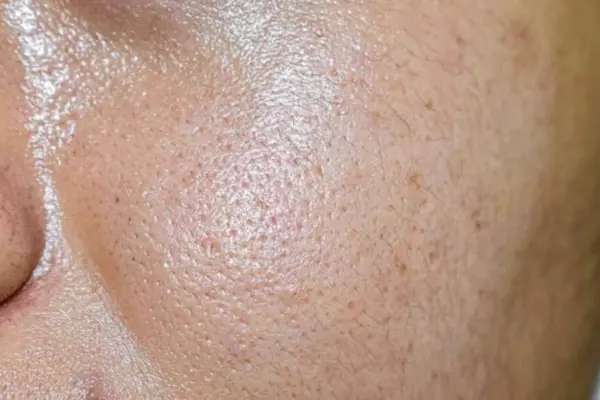
Sebum Production
Oily skin is more common in teenagers due to active oil glands. This excess sebum, when trapped with dead skin cells and bacteria, causes inflammation and breakouts.
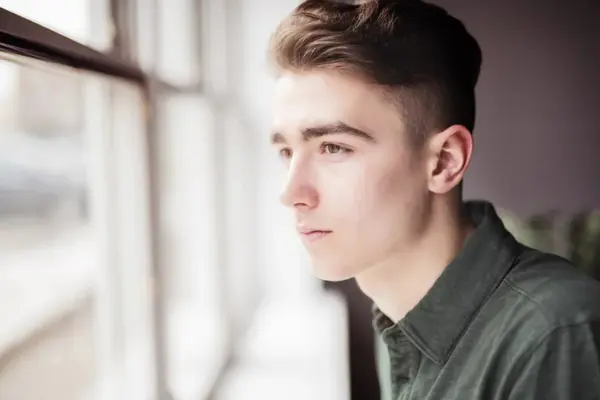
Hormonal Imbalance
As puberty begins, the body produces more androgens—hormones that stimulate the sebaceous glands. These glands produce excess oil (sebum), which clogs pores and leads to acne.
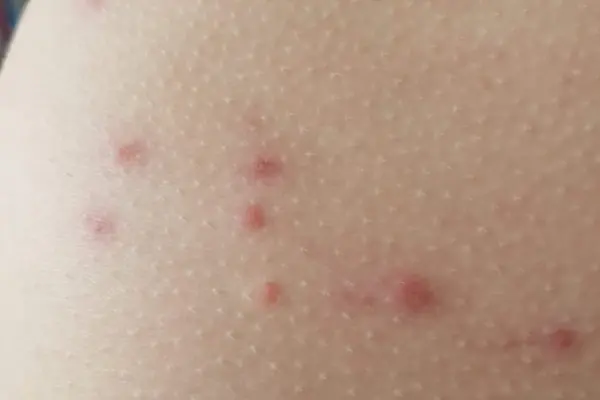
Bacterial Growth
The skin naturally harbors Cutibacterium acnes bacteria. In clogged pores, this bacteria multiplies and triggers inflammation, resulting in red, swollen pimples.
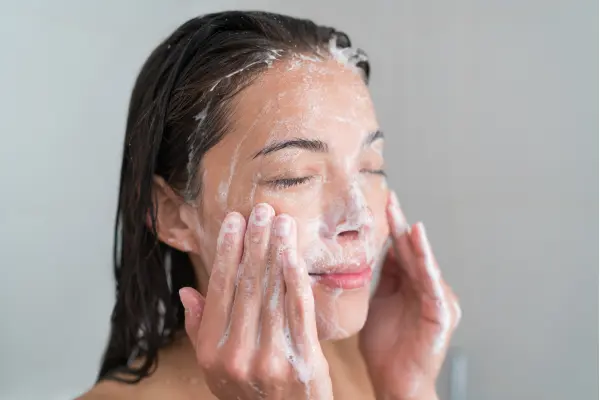
Poor Skincare Habits
Using harsh soaps, over-cleansing, or skipping moisturizers can strip the skin’s barrier, making acne worse. Similarly, touching the face frequently or using comedogenic (pore-clogging) products can trigger breakouts.
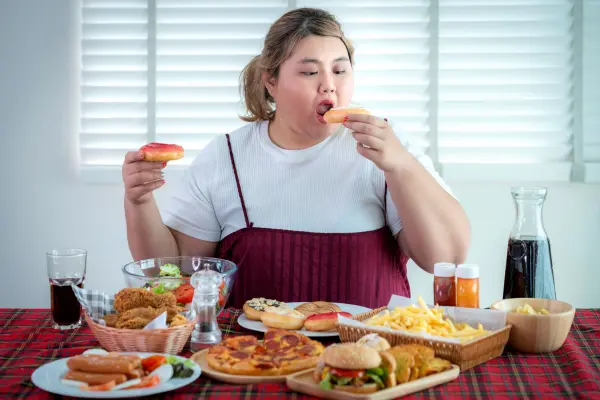
Diet & Lifestyle
Diets high in refined sugars, dairy, and processed foods can aggravate acne in some teens. Lack of sleep, stress, and inadequate hydration may also impact skin health.
Types and Symptoms of Acne
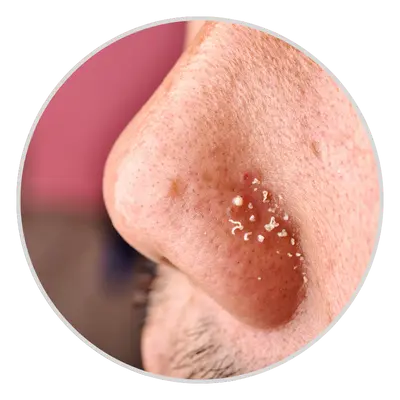
Whiteheads (Closed Comedones)
These are small, flesh-colored or white bumps that appear when pores are clogged with oil and dead skin cells. The top of the pore closes, creating a bump that remains under the skin.
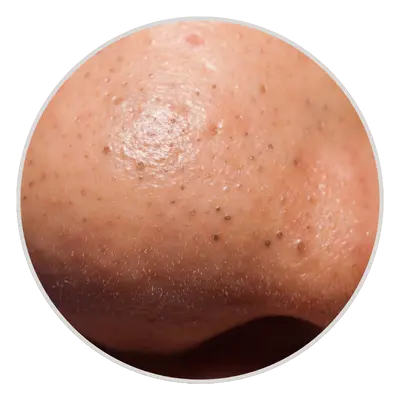
Blackheads (Open Comedones)
Blackheads occur when a clogged pore remains open and the oil inside oxidizes, turning dark. They often appear on the nose, chin, and forehead.
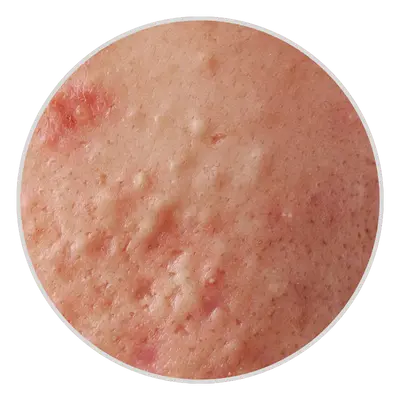
Papules
These are small, red, inflamed bumps that may feel tender or sore to the touch. They occur when the walls surrounding the pores break down due to severe clogging.
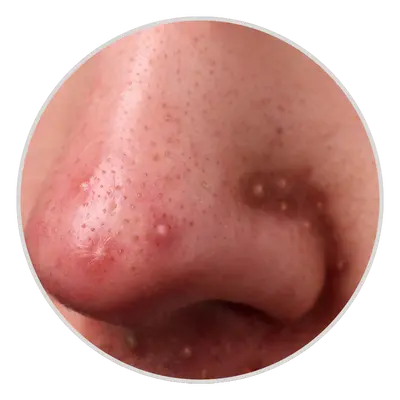
Pustules
Pustules are red at the base and contain pus at the top. They are a classic form of acne and usually develop when papules become infected.
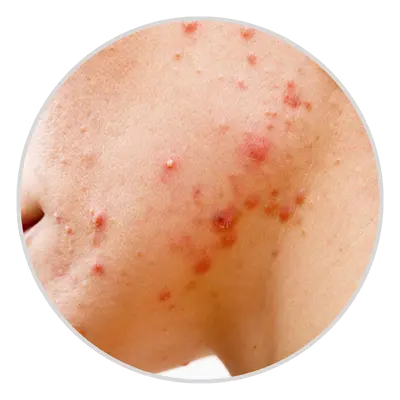
Nodules Acne
Nodules are large, painful lumps deep within the skin. They form when clogged pores become severely inflamed and can lead to scarring if not treated properly.

Cystic Acne
The most severe form of acne, cystic acne results in painful, pus-filled cysts beneath the skin. This type is more likely to cause long-term scarring and needs medical intervention.
How can I treat my acne more effectively without getting any complications?
Managing acne effectively—especially during teenage years—requires a smart, gentle, and science-backed approach. While it’s tempting to try over-the-counter creams, harsh scrubs, or social media DIY hacks, improper acne care can worsen the problem, trigger new breakouts, or even cause permanent scarring.
Here’s how to manage acne effectively without risking skin complications:
1. Understand Your Skin Type
Every teen's skin is unique. Oily, dry, or combination skin reacts differently to products. Using the wrong skincare products can cause excessive dryness, oil production, or irritation. A skin analysis by a dermatologist ensures you use products suited to your skin's needs.
2. Stick to a Consistent Skincare Routine
Acne doesn’t clear up overnight. Fluctuating between products or stopping treatment too early often worsens acne. A consistent daily routine with a gentle cleanser, non-comedogenic moisturizer, and dermatologist-approved acne products can work wonders over time.
3. Avoid Picking or Popping Pimples
It may seem like a quick fix, but squeezing pimples spreads bacteria deeper into the skin, causes inflammation, and increases the risk of scarring and pigmentation. Hands off is the best policy
4. Use Non-Comedogenic Products
From moisturizers and sunscreens to makeup, every product you apply should be non-comedogenic—meaning it won’t clog your pores. Look for labels that mention “oil-free,” “non-acnegenic,” or “dermatologist-tested.”
5. Protect Your Skin from the Sun
Many acne treatments can make the skin photosensitive. Unprotected sun exposure can worsen post-acne marks and slow healing. Always wear a broad-spectrum SPF 30+ sunscreen—even on cloudy days.
6. Eat Skin-Healthy Foods
While food isn’t the only cause of acne, certain diets can trigger flare-ups. Limiting high-sugar, high-dairy, and oily foods while including fresh vegetables, fruits, and water can support clearer skin
When to See a Dermatologist for Teenage Acne Treatment
While mild acne may improve with over-the-counter products and a good skincare routine, there are times when professional help becomes essential. Delaying treatment can lead to worsening symptoms, stubborn acne, and long-term skin damage like scarring and post-inflammatory hyperpigmentation.
Here’s when you should consult a dermatologist for teenage acne:
1. Recurring Breakouts
If pimples keep coming back despite using topical treatments, it may point to an internal cause like hormonal imbalance.
2. Severe or Painful Acne
Deep cystic acne, nodules, or large inflamed breakouts can cause tissue damage and require medical attention
3. Acne That Affects Self-Esteem
If acne is causing emotional distress or lowering your confidence—especially in social or academic settings—it’s a strong indicator to seek professional support.
4. Ineffectiveness of OTC Products
If drugstore creams and cleansers aren’t helping after consistent use, stronger medical-grade treatments may be needed.
5. Hormonal Triggers
Women with acne that flares before menstruation, during pregnancy, or due to PCOS should seek a dermatologist’s guidance for hormone-based treatment options.
6. Acne That Affects Self-Esteem
If acne is causing emotional distress or lowering your confidence—especially in social or academic settings—it’s a strong indicator to seek professional support.
Best Teenage Acne Treatments in Pune Offered at Eva Pimples, Skin & Hair Clinic

Experience the best teenage acne treatment at Eva Pimples, Skin and Hair Clinic! Reclaim clear, radiant skin today. Call now to book your appointment and say goodbye to acne.
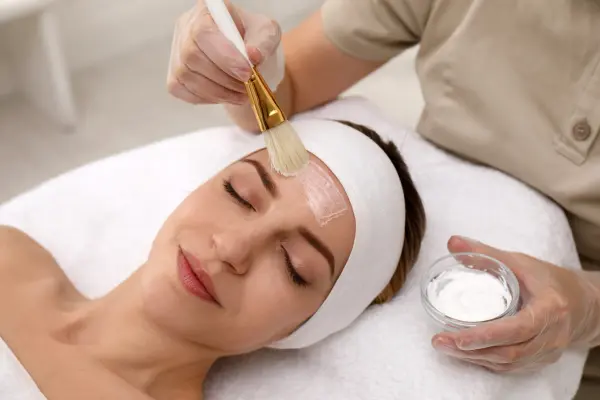
Medical-grade peels containing salicylic acid, mandelic acid, and glycolic acid help exfoliate dead skin, reduce inflammation, and clear clogged pores.
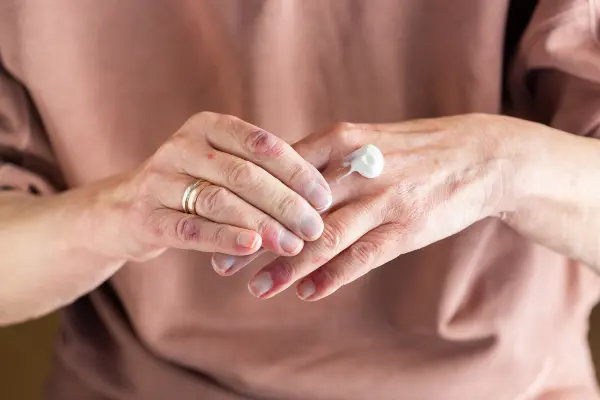
Oral and Topical Creams
If you recently started getting acne and your acne are very mild in its initial stage, then basic topical creams like benzyls peroxide gel, Clindamycin gels, and Niacinamide gels can help you to control them. Oral Zinc supplements also helps to control the process of skin keratinization which is responsible for clogging pores and giving you breakouts.
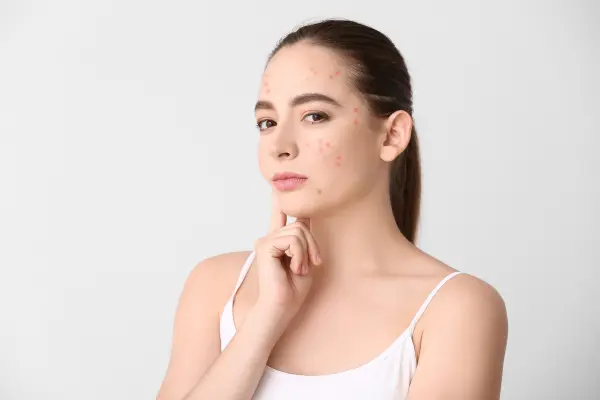
Anti-Acne medications
Oral Anti Acne medicines are usually prescribed if you are getting a more severe, pustular, and cystic-grade of Acne. Hormonal Acne which are very resistant and recurrent to the basic line of treatment are treated with retinoids which are vitamin A derivative.
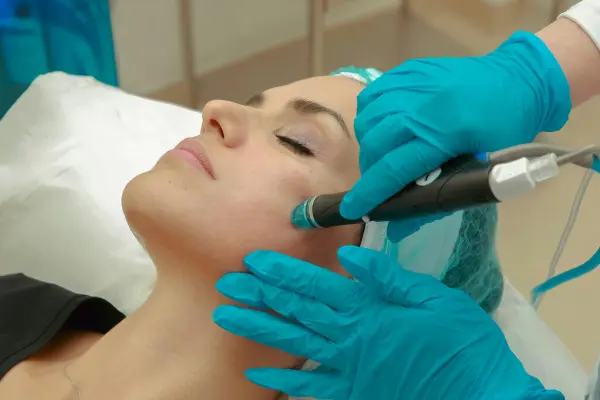
Our advanced lasers target sebaceous glands and bacteria without damaging surrounding skin, making it ideal for moderate to severe acne.
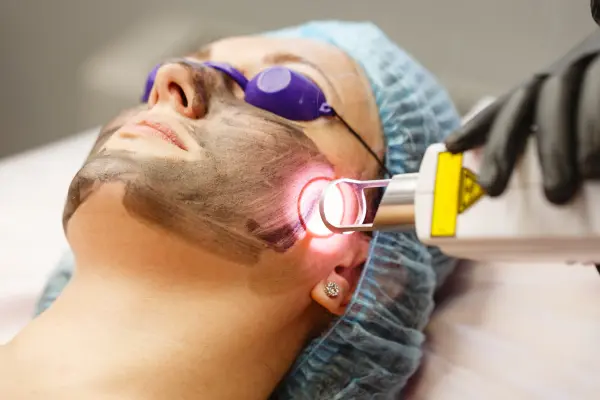
Nd Yag Laser is a clinically advanced and FDA-approved technology that targets active acne, reduces inflammation, and improves overall skin texture. Our dermatologists use medical-grade Nd Yag laser systems that penetrate deep into the skin to address acne at its root cause.
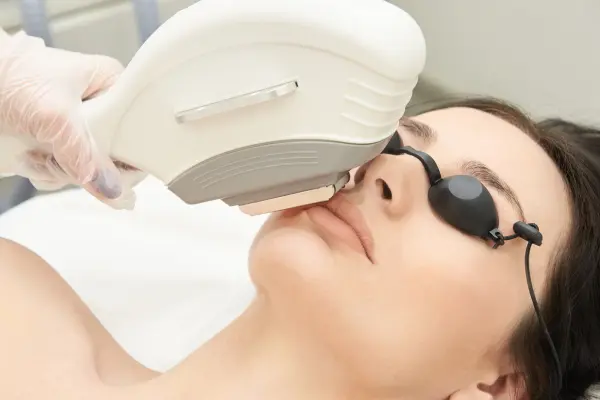
IPL (Intense Pulsed Light) therapy is a non-invasive light-based treatment that targets the underlying causes of acne — bacteria, excess oil, and inflammation. We use advanced IPL technology to deliver broad-spectrum light pulses deep into the skin, effectively treating both active acne and post-inflammatory pigmentation.
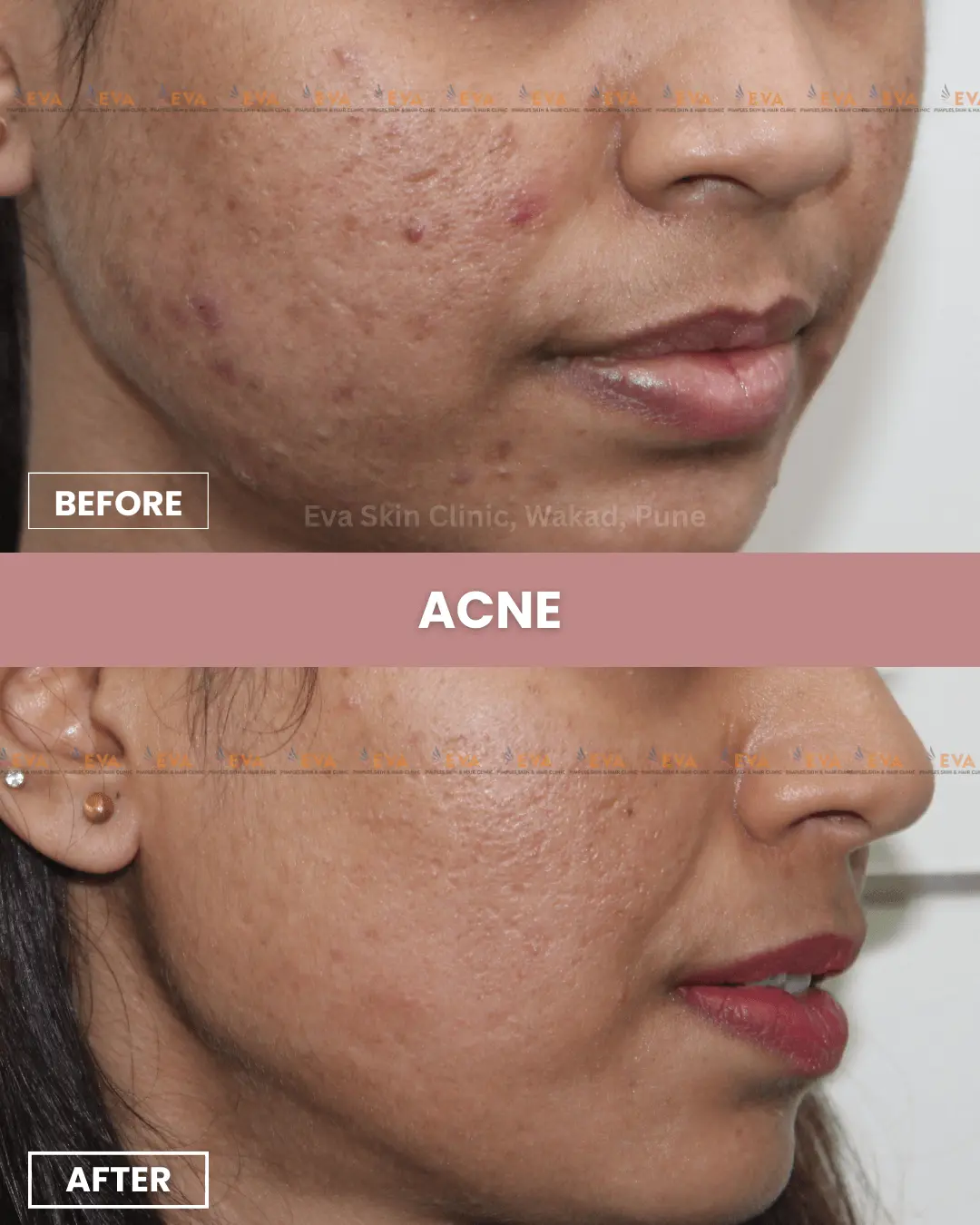
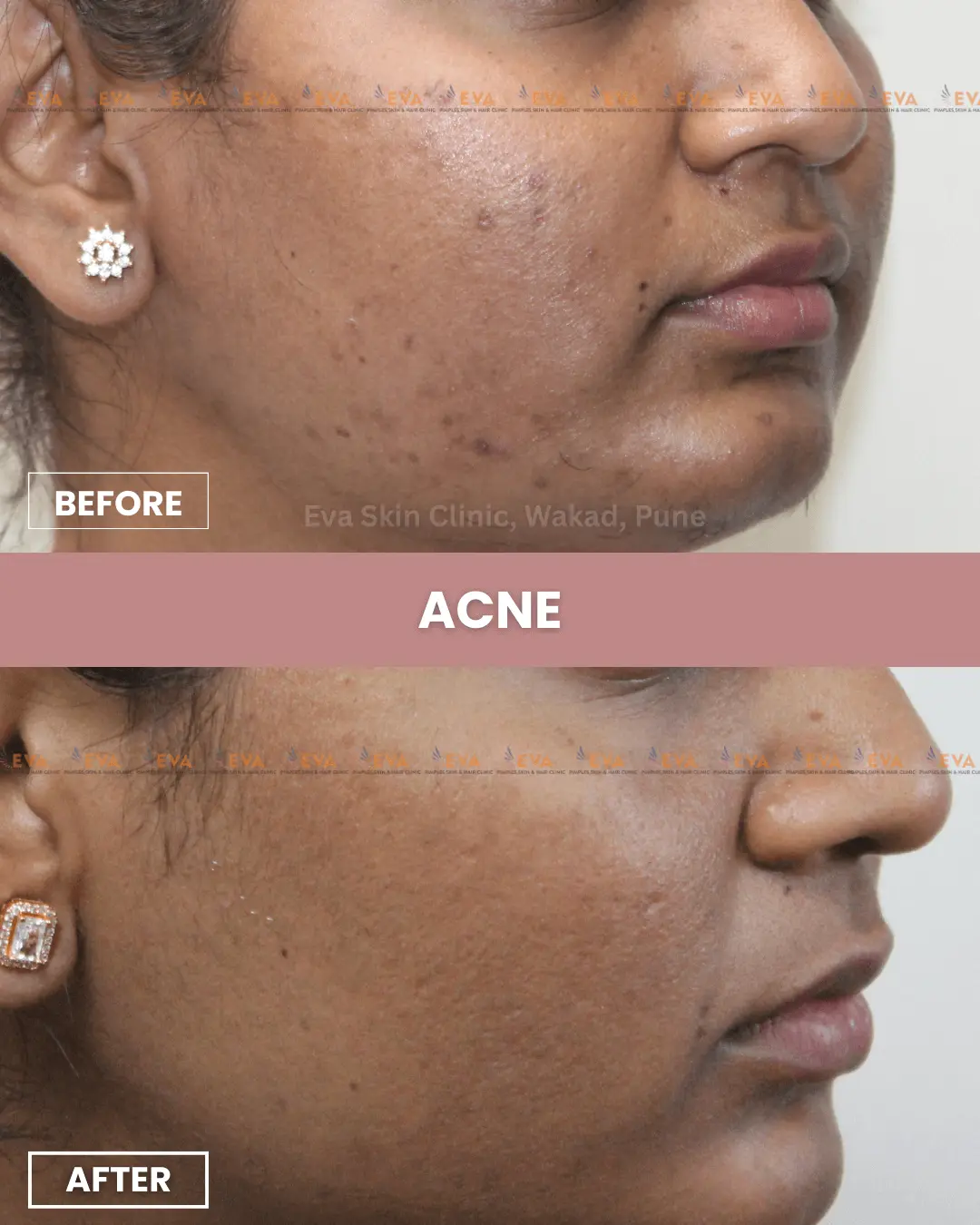
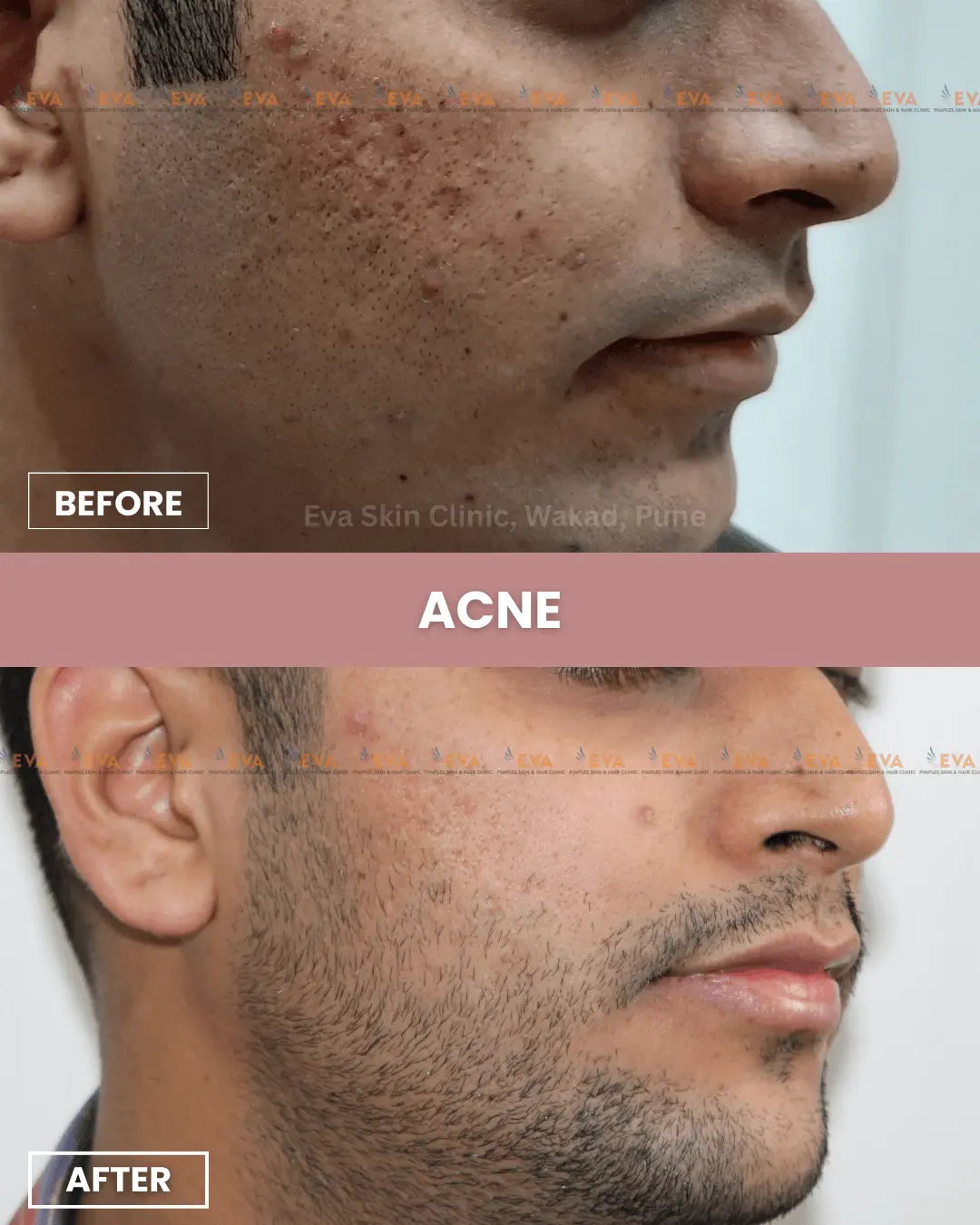
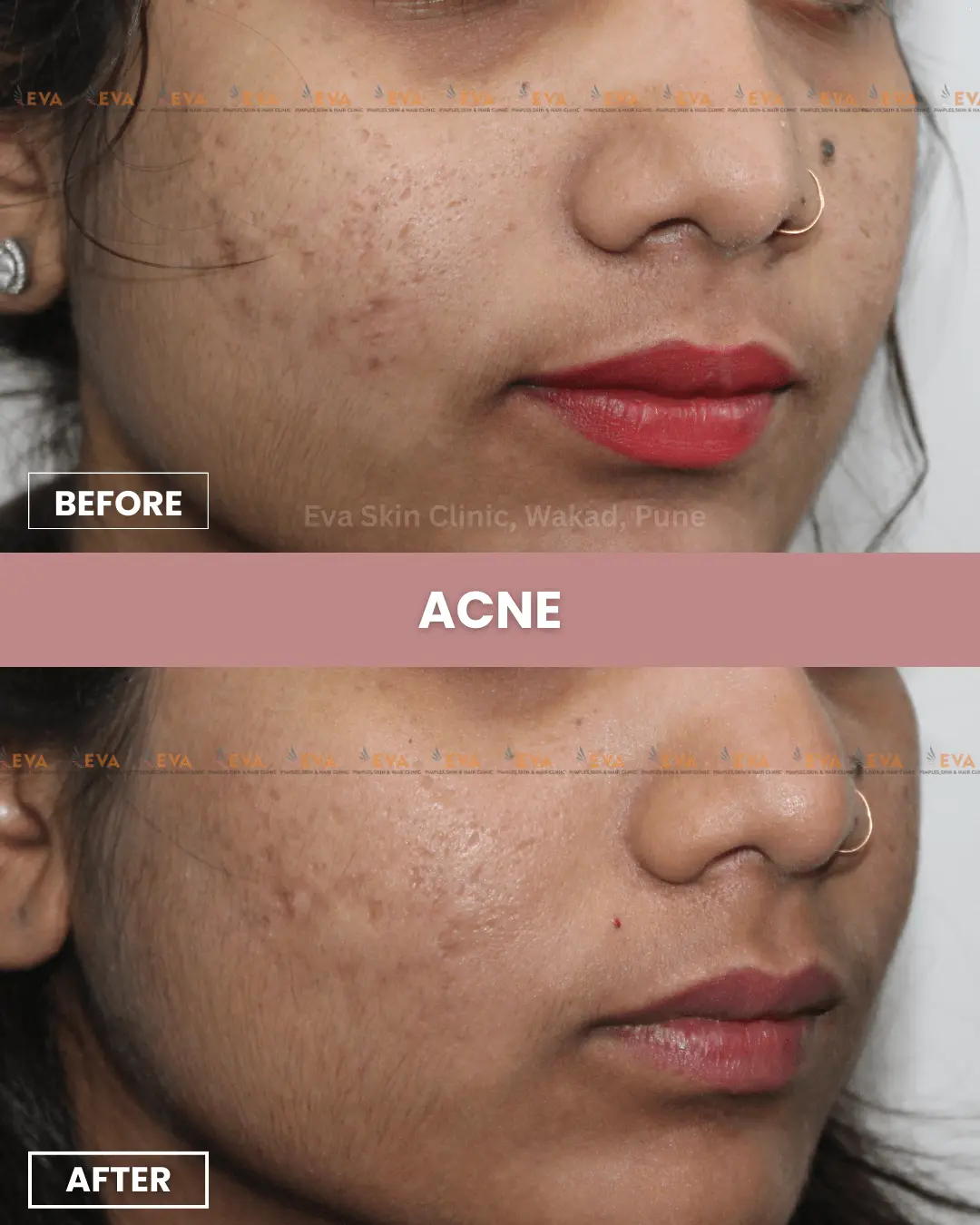
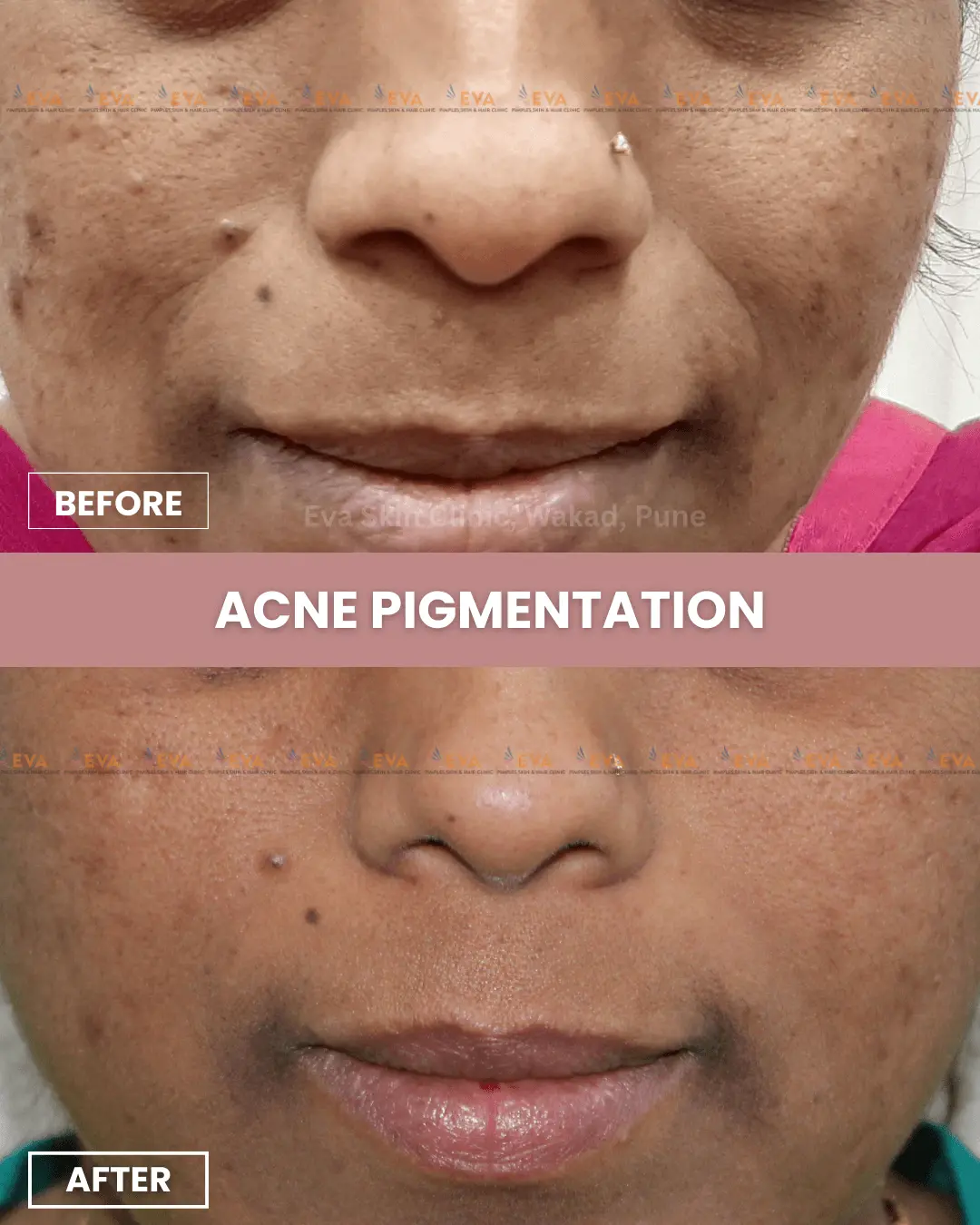
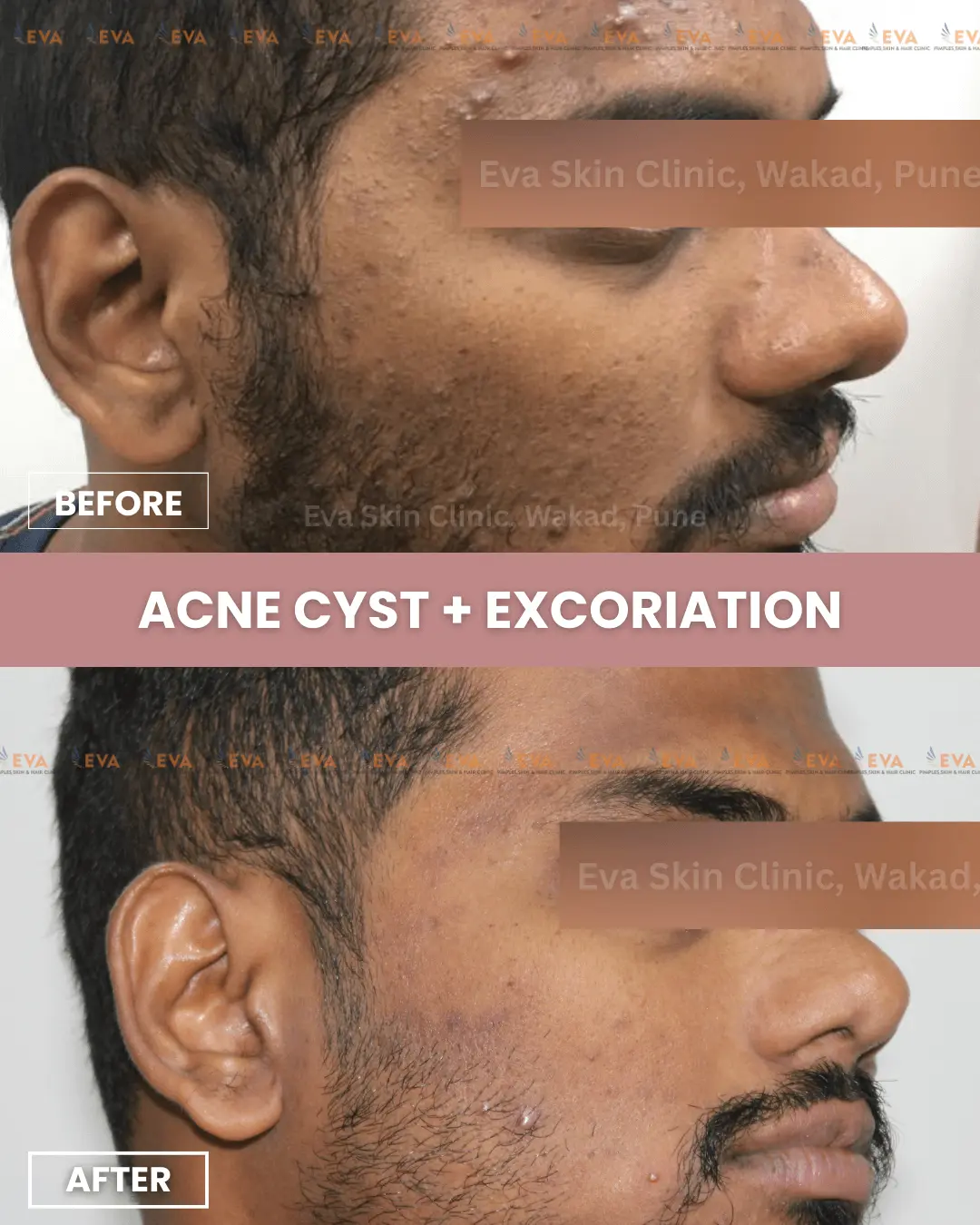
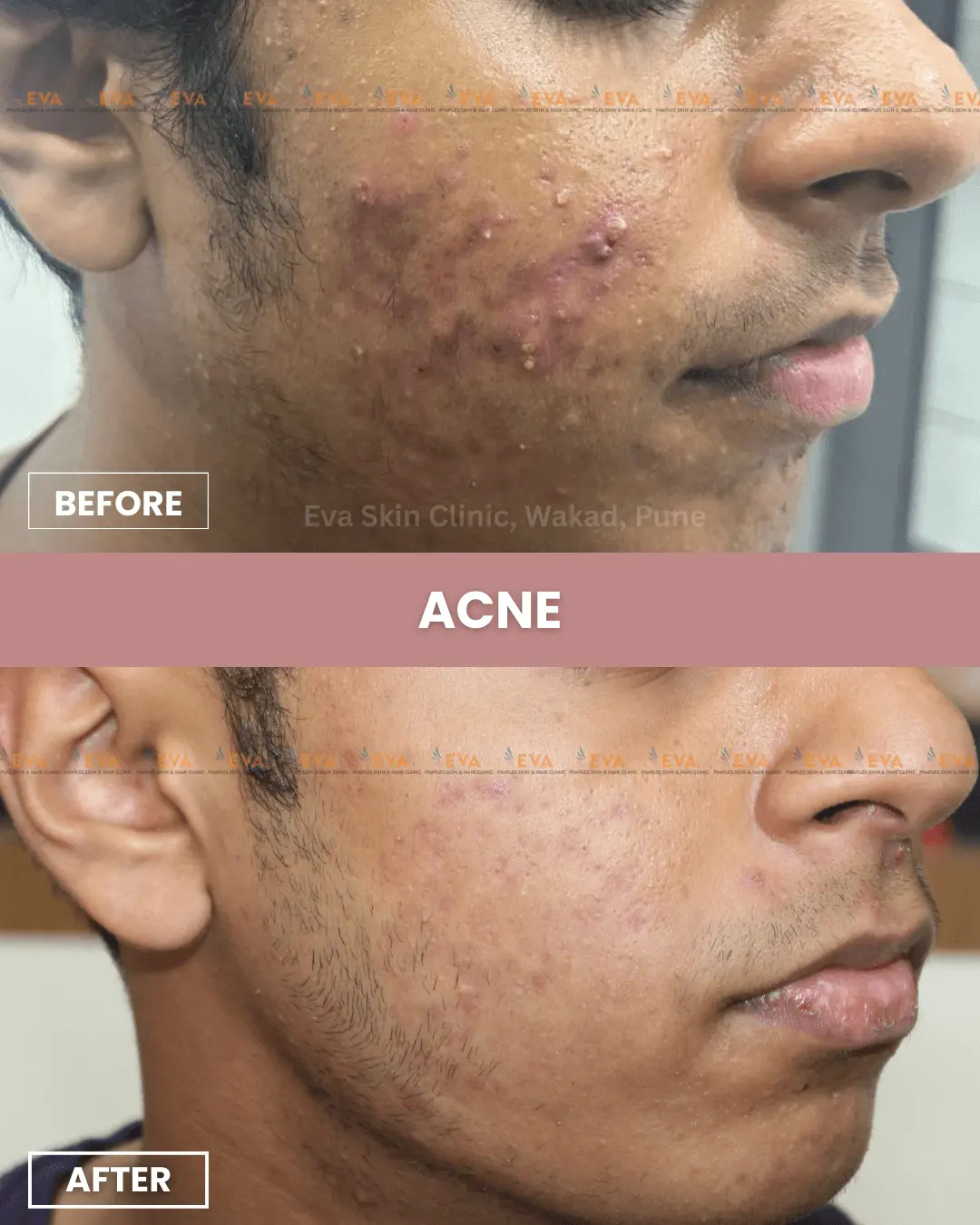
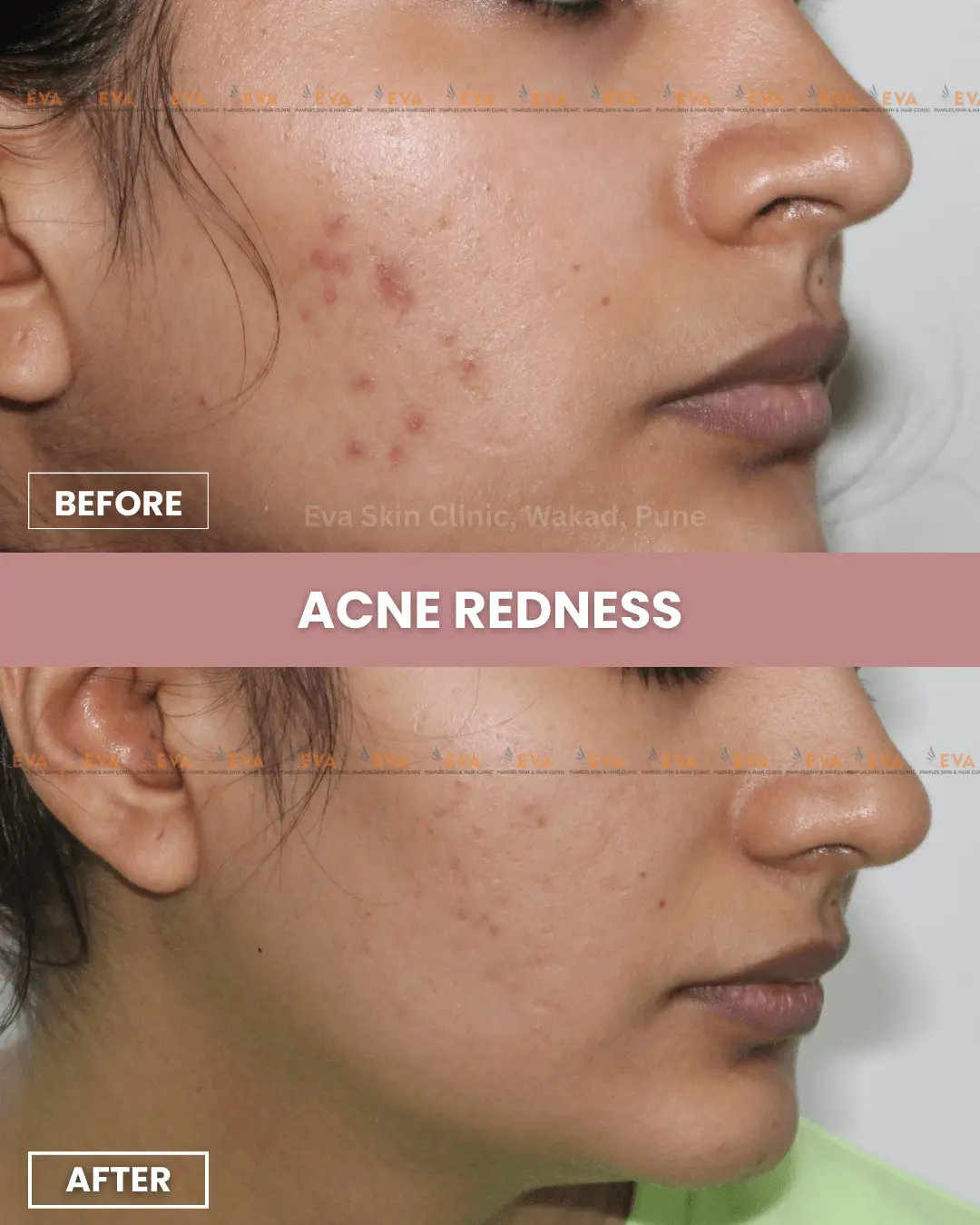
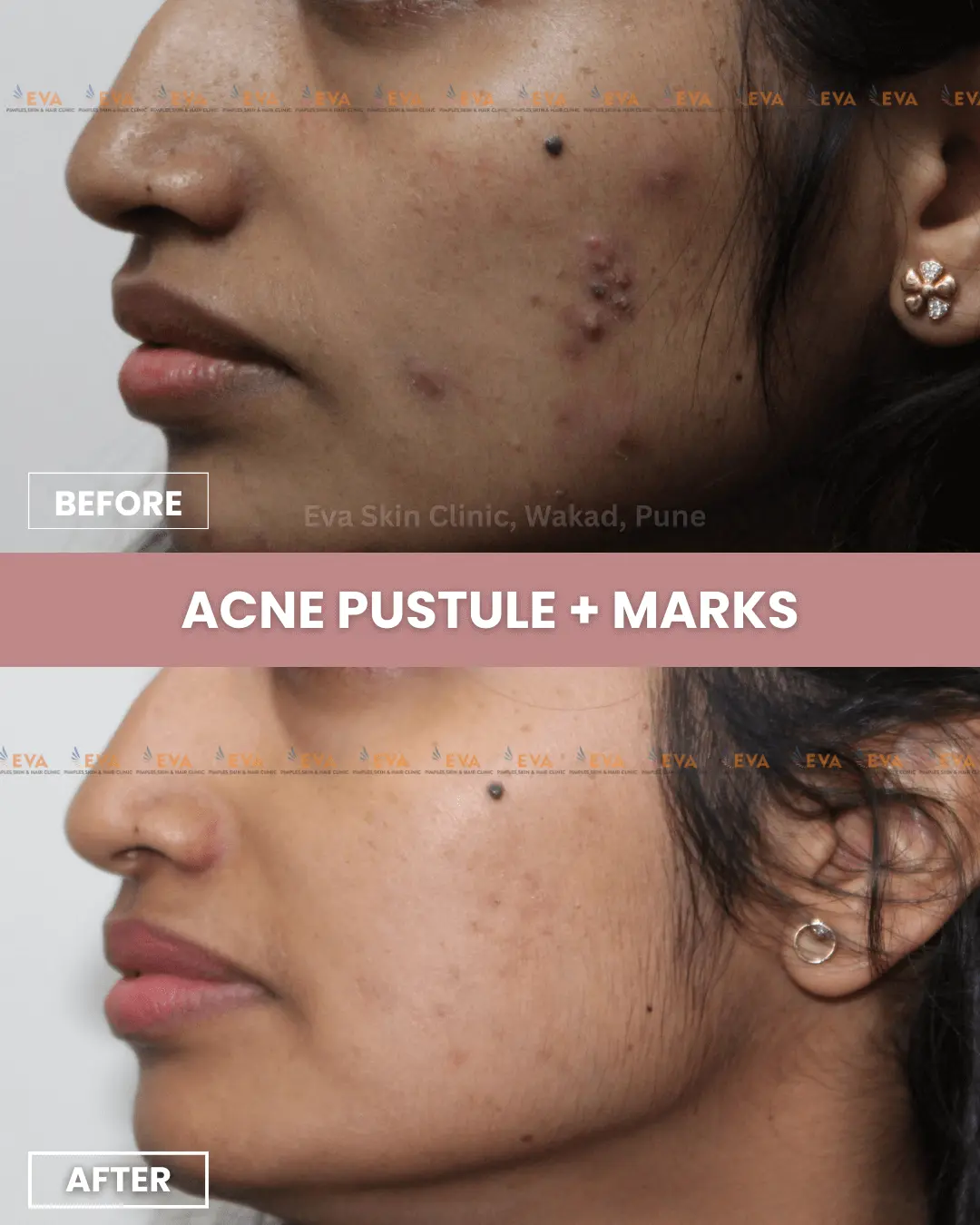
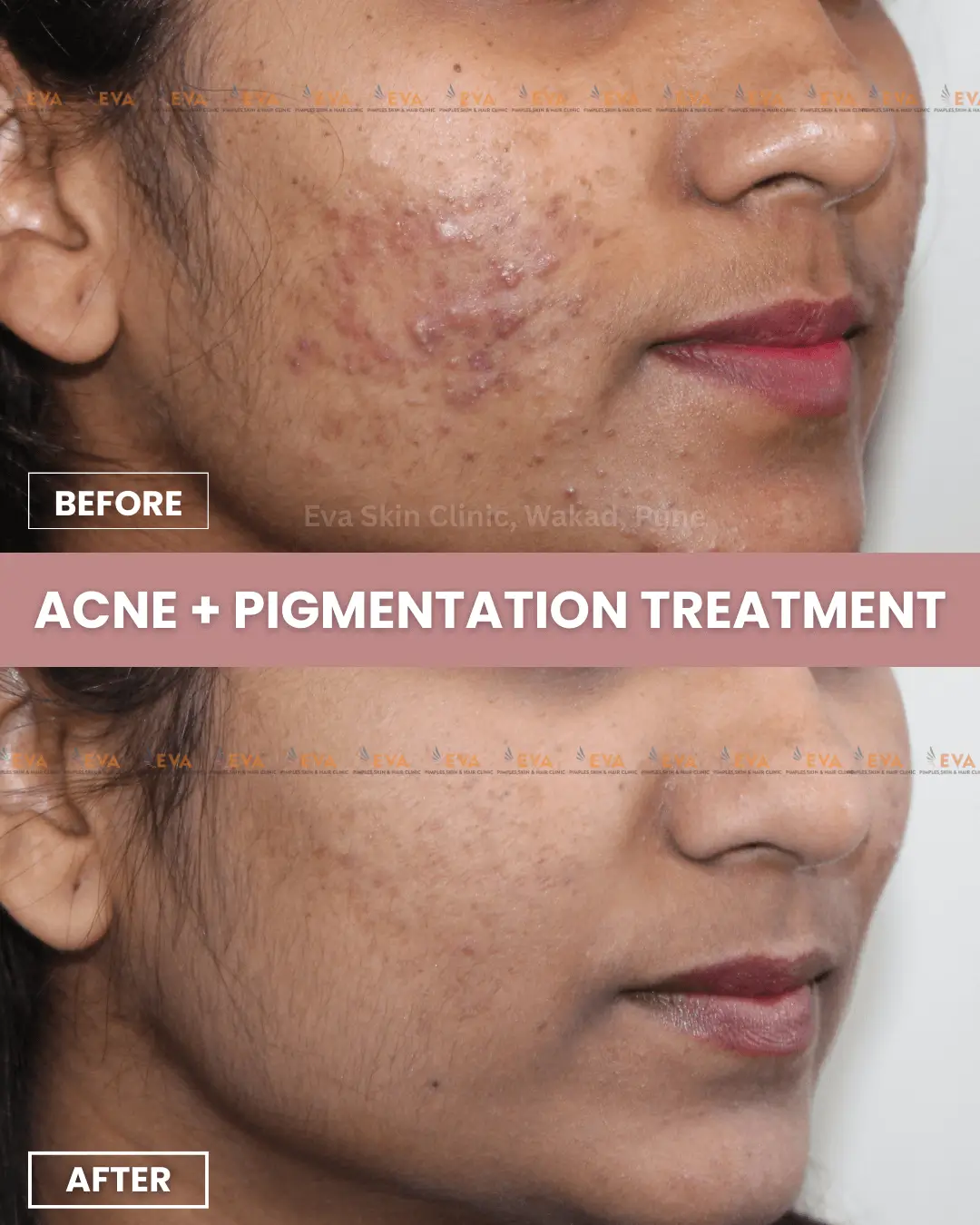
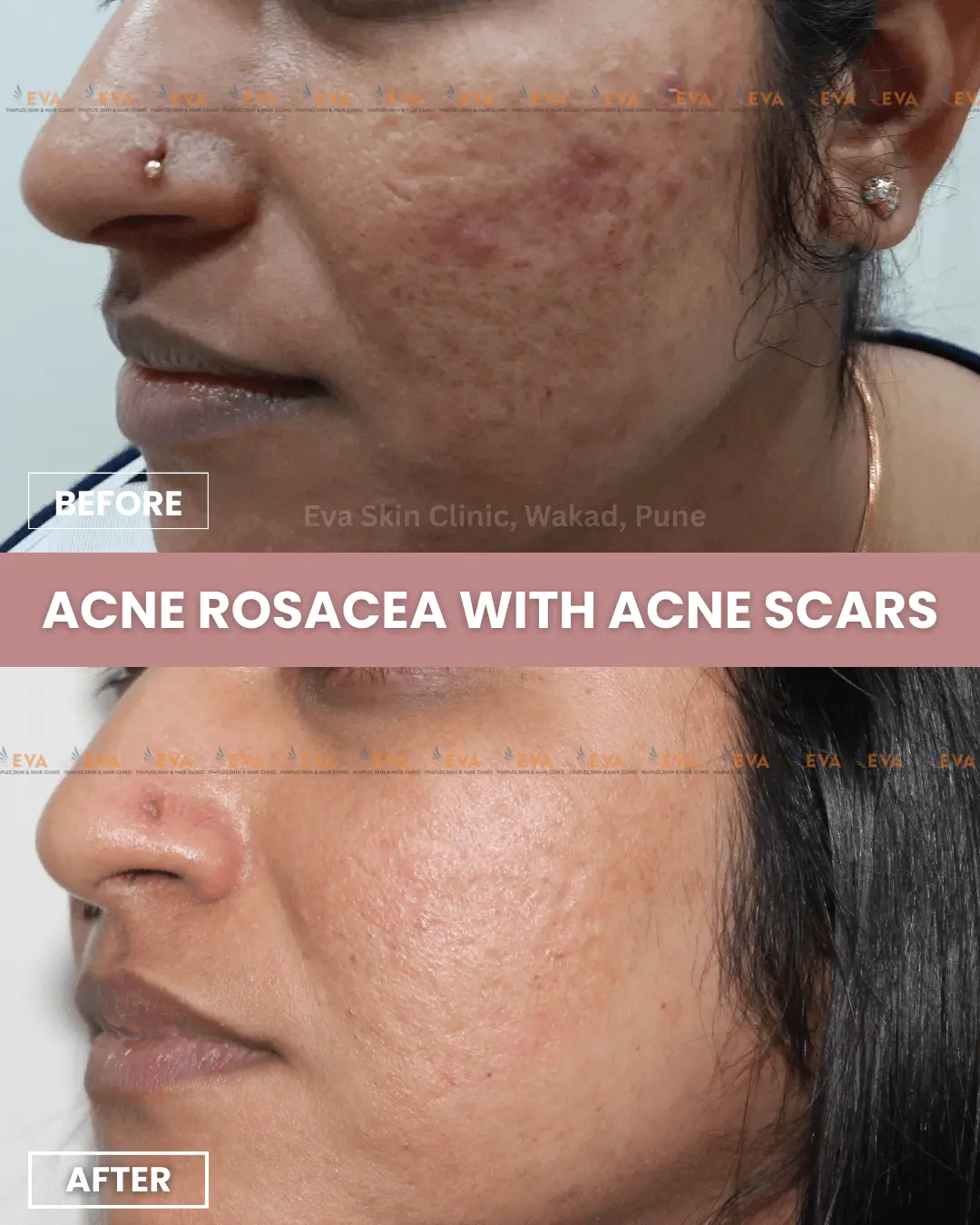
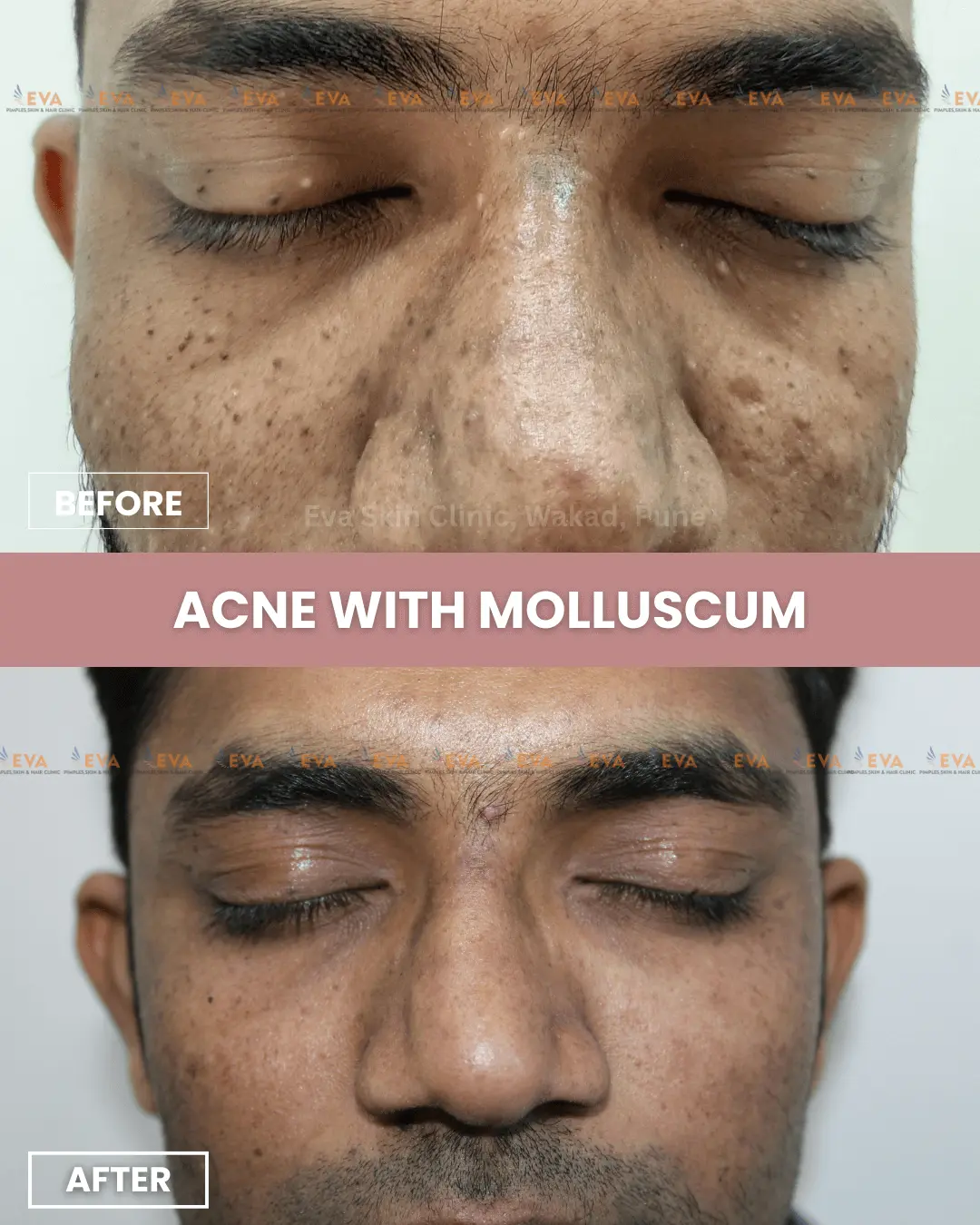
You’ve seen the transformations Now imagine your own
Don’t let acne hold you back, start your journey towards clear, confident skin
just like 6000+ of our happy patients!
Not Just Testimonials, They’re Proof of Care That Works
Because Happy Skin Tells the Best Stories
Posted onTrustindex verifies that the original source of the review is Google. Genuine, good doctors. I saw results within 2 weeks. Good service all along. My reason for coming here were the results my sister got. So i knew it could be trusted. Thanks to everyone's work!!!Posted onTrustindex verifies that the original source of the review is Google. 5 stars for the overall experience I had with this clinic; however, I felt disappointed in today's hydrafacial session. First, they charged 1800 for this, and after the session, it felt like it was the same as the peel-off I had two months back. There was nothing new or any difference between the peel-off and the hydrafacial. Second, there was a lot of disturbance during the session; someone kept entering the room three times, and if you give any sheet mask to us, please include this in the hydrafacial instead of charging separately . Please take this as a feedback.Posted onTrustindex verifies that the original source of the review is Google. Great experience! The results were visible within a few sessions. Professional staff and effective treatment — highly recommend!Posted onTrustindex verifies that the original source of the review is Google. Within just 4 months of hair treatment for hairloss and hair thinning, i have found reduce in hairfall as well as quality has improved a lot.Posted onTrustindex verifies that the original source of the review is Google. Great Experience at Eva Clinic! The staff was very polite and caring. I felt comfortable throughout my treatment. Excellent service and support. Truly satisfied and would highly recommend Eva Clinic!Posted onTrustindex verifies that the original source of the review is Google. Good treatment for hair fall solutionPosted onTrustindex verifies that the original source of the review is Google. I had a wonderful experience at Eva Clinic. The staff was professional, friendly, and attentive. The skin treatment I received was very effective, and they explained everything clearly. Highly recommend for anyone looking for reliable hair and skin care!Posted onTrustindex verifies that the original source of the review is Google. I visited Dr Poonam for acne and I’m extremely happy with the results. The doctor was very patient, explained the root cause clearly, and recommended a treatment that started showing results within a few weeks.Posted onTrustindex verifies that the original source of the review is Google. IT was a great experience with you And thank you for considering your productsPosted onTrustindex verifies that the original source of the review is Google. Good resufor acneLoad more
From Consultation to Glow-Up. Book Your Consultation
Frequently Asked Questions (FAQ)
What causes teenage acne?
Teenage acne primarily results from hormonal changes during puberty, leading to increased oil production. This excess oil can clog pores, allowing bacteria to grow and cause inflammation. Factors like genetics, stress, and certain skincare products can also contribute to acne development.
Is it safe for teenagers to use acne medications?
Many over-the-counter acne treatments are safe for teenage use when used as directed. However, stronger medications, like oral antibiotics or retinoids, should only be used under a dermatologist's supervision to monitor for potential side effects.
Do acne scars go away on their own?
Some mild acne scars may fade over time, but more pronounced scars often require treatment to improve their appearance. Options include topical treatments, chemical peels, microneedling, and laser therapy, depending on the scar type and severity.
Can stress cause acne in teenagers?
Yes, stress can trigger hormonal changes that may increase oil production, leading to acne flare-ups. Encouraging stress-reducing activities like exercise, adequate sleep, and relaxation techniques can help manage acne.
How long does it take for acne treatments to show results?
The effectiveness of acne treatments can vary, but most take several weeks to show noticeable improvement. Consistency is key, and it's important to follow the treatment regimen as prescribed without expecting immediate results.
Is acne treatment safe for sensitive skin?
Absolutely. At Eva Clinic, we use skin-friendly protocols and dermatologist-approved products suitable for even the most sensitive skin types.
